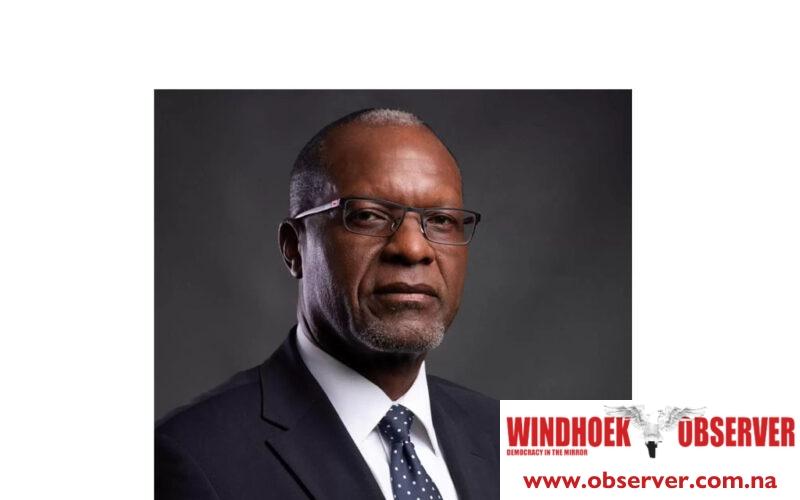Niël Terblanché
Namibia is stepping into a new era of electricity supply, with its sights set on integrating artificial intelligence (AI) to meet the country’s long-term goals of universal electricity access by 2040.
This vision was high on the agenda at the 2024 Namibia Electricity Supply Industry (ESI) Forum, held in Otjiwarongo, where energy stakeholders explored the role of AI in improving electricity access, affordability, and utilities’ sustainability.
The minister of mines and energy, Tom Alweendo, highlighted both the promise and challenges that AI might present.
“To achieve universal access by 2040, we must overcome some challenges. Our vast geographic spread and relatively low population density make grid extension expensive,” he said.
Alweendo explained that AI offers a solution by enabling the identification of optimal locations for grid connections and the deployment of alternative energy solutions, such as solar mini-grids.
“AI can help us identify where grid connections make sense and where alternative solutions are more viable,” he said.
The Minister, however, also cautioned against the potential downsides of AI, particularly in terms of job security.
“While AI promises efficiency, it could also replace human jobs, and that’s something we must guard against,” he warned.
He stressed the importance of ensuring that AI complements, rather than replaces, human expertise. Alweendo added that optimism should be balanced with a need for caution while navigating the complexities of integrating new technologies.
The role of data security also featured prominently in the discussions.
Alweendo called for caution in managing the vast amounts of data that AI systems require.
“AI might help us in planning and efficiency, but if we do not adequately protect our data and systems, we risk causing more harm than good,” he said.
He added that the need to safeguard against potential cyber threats is increasingly critical as Namibia embraces AI-driven technologies in its energy sector.
“AI is already here, and we can’t run from it but we should ensure it works for us, not against us,” he said.
The theme of the forum, “Delivering the Promise: Using Smart Solutions in an AI-Driven Environment to Improve Electricity Access, Affordability, and Utilities’ Sustainability,” was reflected in all discussions, with stakeholders acknowledging both the immense potential and challenges of AI in the energy sector.
The Governor of the Otjozondjupa Region, James Uerikua, urged all players in Namibia’s electricity supply chain to collaborate with the government in addressing the pressing challenges of electricity access.
He acknowledged the socio-economic impact of improving electricity access in major towns but highlighted the ongoing struggles faced by rural settlements.
“Access to electricity is crucial for sustainable development,” Uerikua said while adding that the involvement of Independent Power Producers (IPPs) and local initiatives plays a vital role in achieving national goals.
Robert Kahimise, the Chief Executive Officer of the Electricity Control Board (ECB), described how AI can help manage power quality issues, particularly electrical harmonics, which are deviations in voltage and current caused by modern electronic devices.
“AI-driven analytics are helping utilities predict and mitigate harmonic distortions before they become problematic,” he said while also pointing to examples from North Africa and Canada where AI is already being used to enhance grid performance.
He stressed that AI will play a vital role in maintaining a stable and reliable electricity supply, improving both operational efficiency and consumer satisfaction.
Kahimise said that while AI presents opportunities for optimising electricity access and managing utilities more sustainably, Namibia must proceed with a balanced approach, ensuring that high-tech solutions do not undermine human jobs.




